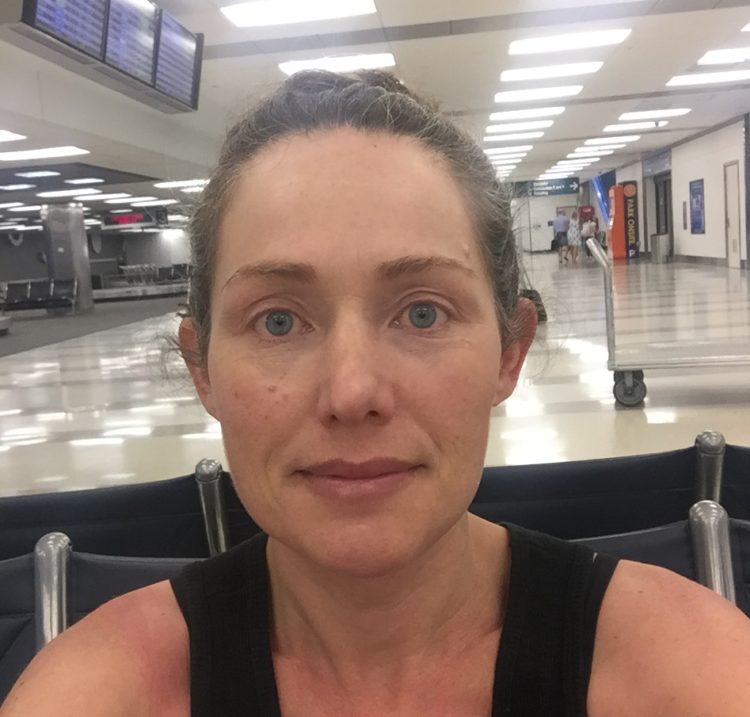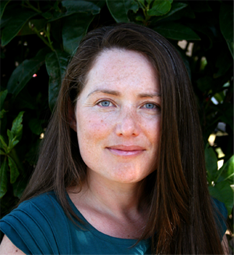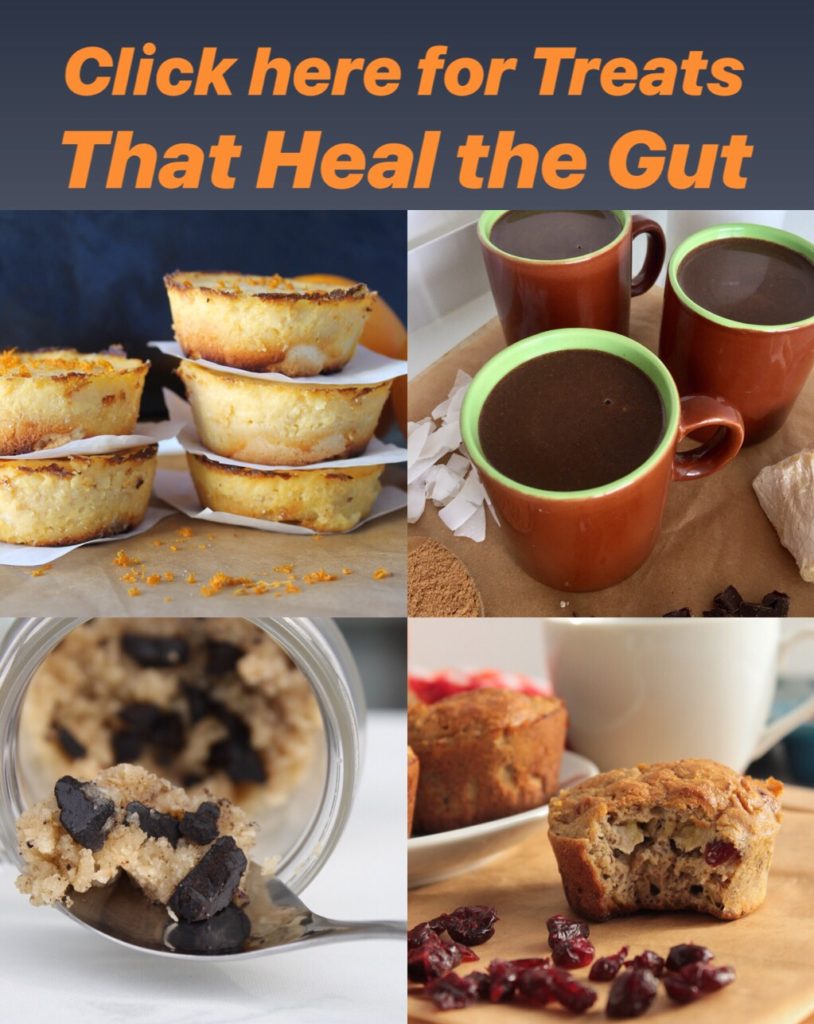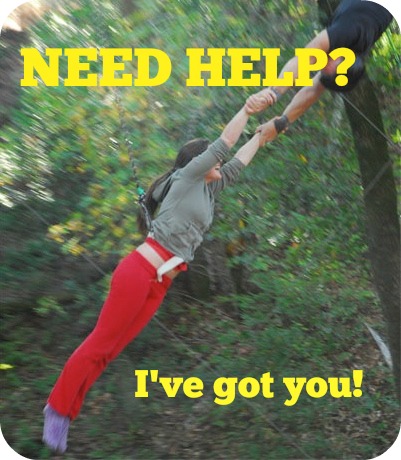How stress can cause IBS
Over my years of health coaching, I’ve heard countless stories about how people developed IBS.
These stories all have one thing in common.
Stress was the biggest contributor to worsening or causing IBS and SIBO.
We are built to deal with stress. A little stress is good for us, providing challenge and leading to growth.
But too much stress (from too many stress inputs) will overwhelm the body and compromise its ability to recover.
This is the point when the body becomes most vulnerable to disease.
It’s easy to identify emotional and mental stressors, like anxiety, which causes physical tightness, shallow breathing and difficulties sleeping, concentrating or relaxing.
But stress comes in many different forms, some of which are unrecognizable.
Different types of stress
While the following stressors are not always recognized as stressing the body, they adversely effect the body, brain and nervous system and set the stage for digestive system dysfunction.
A high sugar or processed diet
Under eating (not eating enough calories or nutrients)
Antibiotics
Surgery
Accident or trauma
Working too much
Over exercising
Traveling without rest (frequent traveling)
Toxic environment (mold or toxic cleaning agents or personal products)
Huge life transitions (divorce, death of loved one, moving)
Internal infections (parasites, h pylori, bacterial overgrowth)
Sleep deprivation/insomnia
Too much time spent using the phone, computer or TV
A toxic relationship
Isolation (this depresses the immune system)
Repressing your emotions
Not taking time to rest or recover (never staying still)
When you combine the dietary, emotional, and/or lifestyle stressors from the list above, the body can’t recover from all the stress inputs.
This results in lowered immune function, which leaves the body vulnerable to pathogens, infections, inflammation, overgrowths, allergies, and nervous system dysfunction. Unhealthy eating, drinking or sleeping only worsen digestive vulnerability.
IBS results from the body reaching a breaking point with stressors. Typically a “final straw” will cause symptoms to surface.
A final straws can be an episode of flu or food poisoning, or a dose of antibiotics or pain meds. It could also be a shock to the system, like a car accident, new stressful job, big trip or death or a loved one.
While IBS may start suddenly, the cause of symptoms have been developing for years or months prior to showing up. There may be subtle distress signals along the way like rashes, allergies, fatigue, headaches, breakouts, stomach aches or joint pain. Or nothing at all.
Don’t panic, things can be turned around before the body spirals further into imbalance and disease.
Recently, life events conspired to throw me back on a path towards IBS. Here is what I did to intervene and prevent a relapse.
How I avoided IBS
Guts like predictability, stability and routine to function at their best. In San Francisco, my life, diet and routine were supportive for gut health.
Then we moved to Argentina, which disrupted the status quo and threw body and mind into anxiety, uncertainty and massive transition.
And a stressful move, we arrived in Argentina. Everything was different and difficult. The first few weeks were surreal.
To add to it, the apartment we rented, sight unseen, was dark, humid and moldy.
Environmental stressors now added to my emotional load. The moldy bedroom further challenged my immune system.
I felt isolated, and was arguing with my husband because we were both on edge.
My diet began to suffer. Eating out was hard with dietary restrictions, new food and a language barrier.
I turned to food for comfort, and started eating and drinking emotionally, to ease my anxiety, stress and loneliness. I drank wine to relax in social situations, I snacked on sweetened peanut butter, dulce de leche and chocolate covered bananas to sooth my overwhelm. I ate lots of gluten free baked goods, something I don’t usually do.
The sugar, wine, corn and peanuts exacerbated my mold allergies and weakened my immune system further. Peanuts are a particularly moldy food and should not be eaten if you have mold sensitivity like I do. But almond butter was hard to find and expensive.
Not only did I eat too much but also too late at night, compromising my body’s detoxification.
The food I ate was more processed and contained chemicals and preservatives than I was used to. Argentinians even put sugar in ground coffee bags.
The combination of the stressors (transition, anxiety, diet, mold) began to effect my gut.
First constipation set in, then rashes, itchy throat, sneezing, runny nose and inflamed eyes. These were familiar symptoms from my childhood when I ate lots of crap.
What I did
I focused on cleaning up my diet and making some important changes.
After 40 days of mold exposure, we moved to a clean, bright, mold-free apartment.
I began taking adaptogens to support my immune system, adrenals and body’s response to stress. (Yes I always travel with these). I also took some activated charcoal to bind to the mold mycotoxins and get them out of my body.
I ditched the sugar, alcohol, dairy and peanut butter. And the corn-filled, gluten-free baked goods.
Six months prior, I tested my biome and got a list of recommended foods to help me diversify my biome and strengthen my immune system. I finally had the time and motivation to implement those suggestions.
The test was called Viome and my food recommendations surprised me. You can read all about it here.
I started making bone broth in my instant pot and returned to an earlier eating schedule so my gut can properly detox at night.
Amazingly, this diet improved all my symptoms within a week or so.
I practiced yoga nidra, which was a lifesaver for my nervous system. And found a local chi gong class, which helped with stress relief and added community.
The 8 years of chi gong I’d already practiced, helped keep me grounded during the anxiety of this crazy transition and took the edge of the panic when my bowels started to go south.
When my body began to complain and malfunction, this was the best time to intervene. After years of health coaching others, I could be my own health coach. I created a gut healing plan and followed it.
In life, there are no health guarantees.
For the sensitive types who are prone to digestive issues, staying healthy means taking care of yourself when life gets crazy and stressful.
While life is not in our control, we have the power to stay aware and choose self care. This is the difference between being healthy and staying sick.
My life now
I’m finally settling into a new routine of working with clients remotely, doing pilates and chi gong, and walking my dog around this crazy, chaotic city.
My diet is cleaner now than it was in the states because I’ve given up all processed, packaged or canned foods and am only eating fresh produce, fruit, quinoa and meat/eggs/chicken/fish.
I’m feel good about life.
I’m eating clean for now to give my body a chance to recuperate. It’s been through a lot. I do of course see wine and the occasional treat in my future.
You can follow me on Instagram to live vicariously through my foreign adventures and food discoveries. This is where I share my digestive tips, kitchen hacks, daily Paleo meal ideas.
 Angela Privin is proof that IBS is NOT an incurable disease or a disease at all. IBS is a body out of balance. It’s an invitation for change. After solving her own IBS mystery more than a decade ago Angela trained as a health coach to help others.
Angela Privin is proof that IBS is NOT an incurable disease or a disease at all. IBS is a body out of balance. It’s an invitation for change. After solving her own IBS mystery more than a decade ago Angela trained as a health coach to help others.
Angela uses both science and intuition to help people figure out what’s out of balance in their body. She works with lab tests, dietary changes, supplementation and nervous system rebalancing. Get help rebalancing your digestive system and solving your IBS mystery here.







Recent Comments